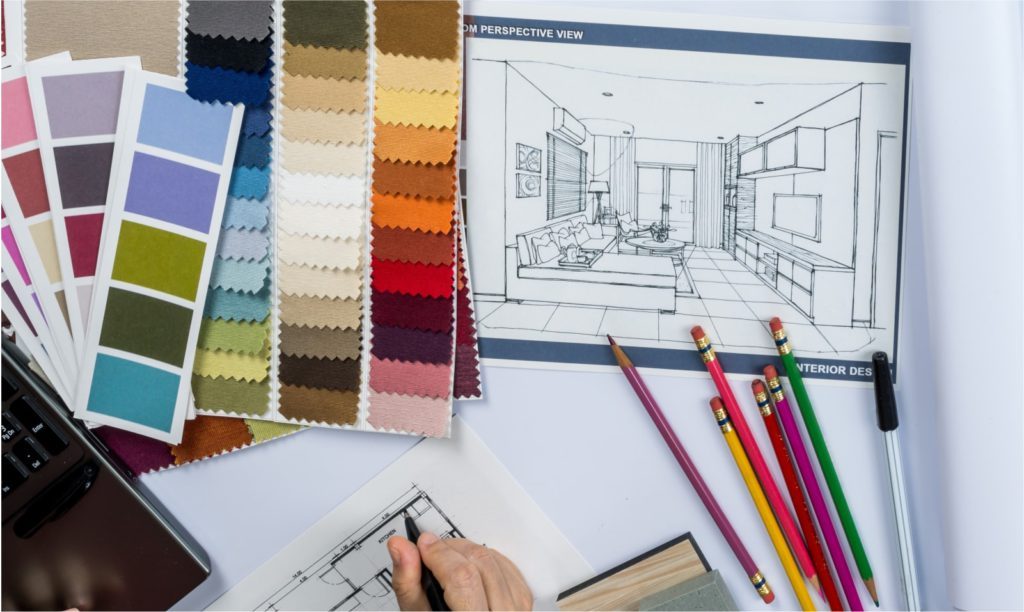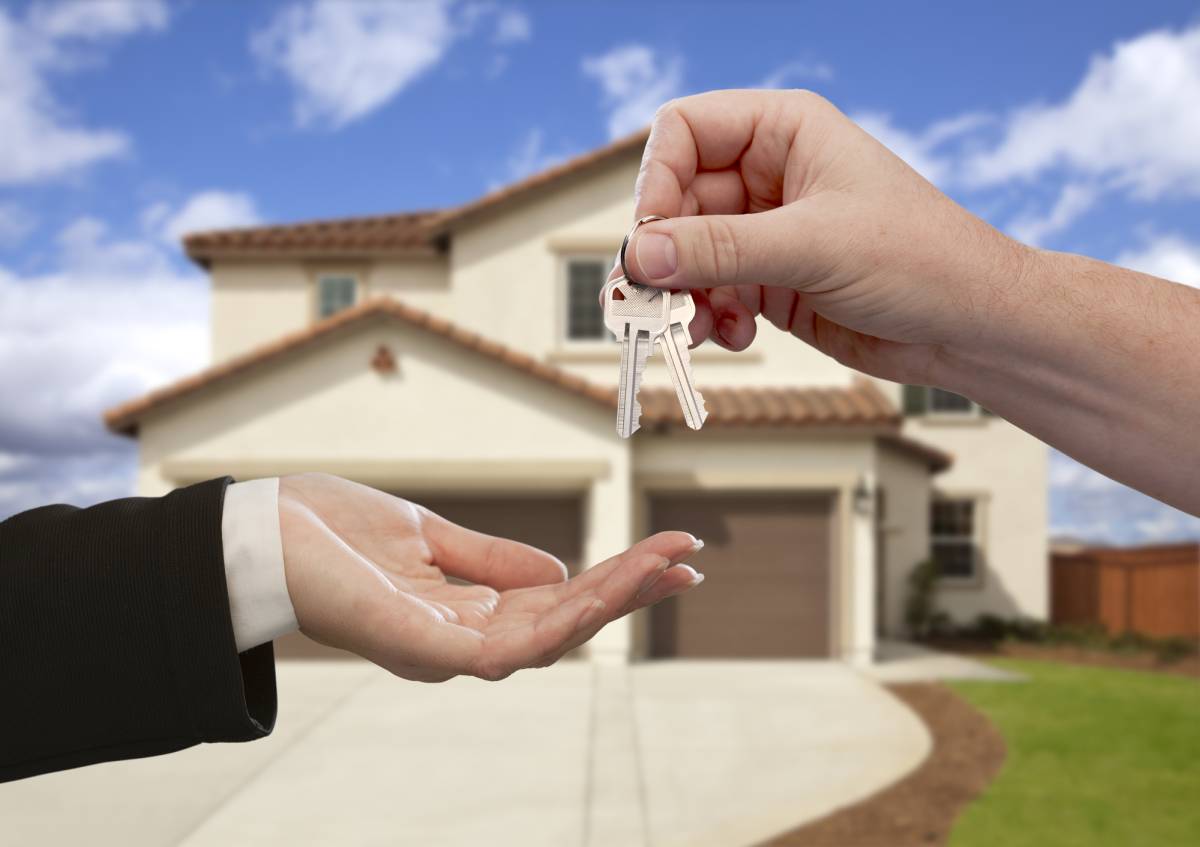The traditional Australian ideal consisted of a home surrounded by a white picket fence. Is it now a two-story mansion with a swimming pool that's thirty meters long and security cameras? It may be required at times to upgrade to a larger space. It is possible for it to become an organic component of increasing your wealth and making preparations for the future. However, you should carefully analyze the benefits as well as the drawbacks associated with upgrading. Keeping these things in mind may help you determine which option is best for you and your loved ones as a family.
As of late, there has been a lot of discussion about downsizing, which refers to moving into a smaller home as one advance in age. Upsizing, on the other hand, is a much better option to consider if you have only recently started to see your family expanding in size. It's possible that when your finances, family, and requirements develop, you'll realize that you've outgrown your home and require additional space for your day-to-day activities. There are a number of considerations that need to be made before upgrading, including the potential for an increase in your monthly mortgage payment and the increased upkeep required of a larger property.
Would you like to speak to a specialist? Book a complimentary discovery session by calling: (03)999 81940 or emailing team@klearpicture.com.au.
Things to think about before expanding your current home
Moving into a larger house can be one of the most relieving experiences one can have, particularly if one has spent an excessive amount of time crammed into a space that was clearly inadequate for their needs. You might imagine that once you have all of that extra space, you will enjoy simple pleasures such as striding the length of vast empty rooms or shouting from one end of the house to the other to hear your own voices echo back. These are just two examples of the kinds of things you might be able to do.
However, living in a larger home requires a great deal more work and responsibility, so before you make the leap, let's go over some of the fundamentals so you know what to take into account while upgrading your residence.
How Much Physical Space Do You Really Require?
If you are still under the impression that moving into a larger home is the best option for you, then you should carefully analyze the square footage requirements of your new dwelling. To get a larger size does not necessarily require doubling the previous one. In many cases, all that is required is home of comparable proportions but significantly increased square footage.
The addition of just one more bedroom or living space that is expanded and features an open floor design can make a significant difference. Even something as small as moving from the second story of a townhouse to a property with its own private yard can be life-changing.
Think about the requirements of all the people who will live there, and be clear about the ways in which the existing problems can be remedied in the simplest and most cost-effective way possible. Keep in mind that if you move into a place that is too large for you, you may find that your existing supplies are insufficient and that you will need to replace your furniture, curtains, rugs, and other essentials of the household.
It takes a lot more work to make a large home feel cozy and inviting, so it's important to be realistic about the amount of room you'll need and make your decision appropriately.
Why do you feel the need for additional space?
You should give some thought to the reasons you believe you require more room and whether or not moving into a larger home is actually the answer before making any "major" choices. Be sure to give careful consideration to each of the elements that played a part in getting us to this point.
A number of people, upon reaching the conclusion of a protracted and bitterly cold winter spent cooped up indoors, report feeling as though they are being smothered by their home; nevertheless, a thorough spring cleaning and the replacement of a few key pieces of furniture can quickly alleviate this feeling.
If you currently have a larger household than when you first moved into your current home, it is quite likely that you will need to relocate to a larger dwelling in the near future. On the other hand, a lot of families get the timing of this incorrect. It is possible that moving into a larger home will be too little, too late if you are wary of your large, ungainly teenagers clunking around the house.
When are they going to finally leave the house? Exist alternative possibilities, such as extending the house or requiring younger children to share a room with their older siblings, so that the older children can have their own space? In the same vein, if an older parent needs to move in, a detached accessory dwelling unit (often known as a "granny flat") in the backyard would be the better option in the near term.
What are the advantages and disadvantages of purchasing a larger home in Australia?
Bigger certainly isn’t cheaper
A recent study conducted at Princeton University found that there is a point in our pursuit of increased wealth at which our day-to-day happiness reaches a plateau. This is due to the fact that as our money increases, our day-to-day duties toward the activities that provide us with income typically increase as well (our jobs).
To put it another way, there comes a moment when certain things are simply... enough. After that, we start tearing our hair out in frustration. In the same way that this is true for our money, it is also true for our residences. The more room we have, the greater the feeling that we have to fill that room with something. When we have additional rooms in our house, the amount of time that is required to keep these rooms clean and to preserve their structural integrity is also increased.
Are you able to pay for the added expenses that come with a larger home?
A larger house will, of course, have a greater purchase price, but it will also come with a whole lot of extra costs that you maybe did not have in your earlier property. Some of these costs may include: Your first order of business should be to determine whether or not your current financial plan can accommodate the increased monthly payments that your new, larger mortgage will require.
If you were barely getting by financially previously, increasing your costs is not the way to improve the quality of your life; you should focus on finding other ways to do so. In addition to the mortgage payment, there is a possibility that there will be a rise in the price of other things, such as insurance, rates, property tax, and the bills for electricity, gas, and water.
The costs associated with keeping a larger garden or repainting a larger house – especially one that is two stories – every few years may surely take the shine off of things, despite the fact that larger homes can be magnificent things. It is vital that things be repaired and maintained in order for the property to not only maintain but also improve its worth, and this may become an expensive endeavour when applied to a large and demanding property. If you don't live in a climate that is consistently warm throughout the year, maintaining a backyard swimming pool that you only use for one or two months of the year can be a costly endeavour that may be difficult to justify.
There are always going to charge that you haven't accounted for, such as paying someone to remove possums from your attic or having ivy-covered walls removed so that your home doesn't collapse in on itself. These are examples of hidden costs. Talk to others you know who live in large homes and find out what their biggest complaints are. That way, if you do decide to go with the project, you will be better prepared for the complex requirements and expenses associated with a larger property.
Are you able to handle the maintenance of a larger property?
The amount of maintenance and upkeep required for a larger home is one of the aspects of home ownership that frequently takes homeowners by surprise. Because there is now a larger area that needs to be cleaned, the typical amount of time you spend on housework will need to be increased by a few hours. If you've added an entire floor or a kitchen that's three times larger than it used to be, you might discover that the small amount of spare time you used to have has vanished into the mists of time. However, adding an additional bathroom might not be such a big deal.
The interior of the house is just the beginning of the adventure. Only in concept are houses with gardens, pools, ponds, fountains, poultry, enormous deciduous trees, and lush, sweeping lawns fascinating and romantic. When you realize that the majority of your weekend is now spent sweeping, scooping, cutting, clearing, mulching, and cleaning, the novelty of the situation quickly wears off.
If you are able to make the time for it, being active and engaged as you become older can be accomplished in a fantastic way by doing something like this. However, if you have a young family with a lot of activities going on, you need to be sure that you include the cost of gardeners, groundsmen, and caregivers in your budget. If the numbers don't add up, you may be increasing the size of your mistakes rather than the size of your home.
Spend less money on day-to-day expenses.
When looking to buy a home, it is important to take into consideration strategies to reduce the increased expenses that come with a larger home, such as higher water and electric bills and increased upkeep. Look for houses that have cost-cutting features built into the construction of them.
These include solar panels, water management, water conservation, and sustainable building practices such as double glazing and clever design that maximizes the use of natural light (the recycling of greywater). It is important to keep in mind that these kinds of cost-cutting methods can be incorporated into a renovation, but not an expansion.
Less money for play
Think about how much of your discretionary income will be eaten up by the additional charges that come along with your upgraded investment. If you take into account the stresses of paying for increasing rates, your mortgage, and maintenance, do you think you will have enough money to live a happy and healthy life on a day-to-day basis? If that's the case, then excellent! If things are going to be difficult, though, you should make sure the investment is one that will pay off rather than one that would keep you financially confined.
More room to be alone
Think about how a bigger house will affect the dynamics of your family. Is it absolutely necessary for each of your children to have their own bedroom, or would it be beneficial for them to continue sharing space if it were more financially feasible for you? There is always the possibility that enlarging your home will have an adverse effect on the bond that your family shares.
When there is a call coming from the home theatre, it is more difficult to convince the children to go for a stroll with the family dog after dinner. Evaluate your personal objectives as a family because they ought to have an effect on your financial objectives, and take into consideration the unanticipated outcomes of giving the family a more spacious dwelling.
The expansion of capital
Will the costs of expanding necessitate you to make an investment in a sector that has less potential for growth? Is the complete purchase, including the swimming pool, a good investment, even if it would be wonderful to have one? Think about the kinds of houses that people might want to buy in the next ten to fifteen years, and then determine, by consulting with real estate experts and conducting independent research, whether your home will be desirable to buyers if and when you find yourself in a position where you need to sell it.
Would you like to speak to a specialist? Book a complimentary discovery session by calling: (03)999 81940 or emailing team@klearpicture.com.au.
Alternatives
Renovating is probably the most obvious choice to make if you don't want to upsize. The fact that you end up with exactly what you need is the advantage of remodelling that stands out the most. In the same way that there is a danger of overcapitalizing when renovating, which means spending more than what the renovation will deliver in terms of capital growth, there is also a risk of overcapitalizing while upgrading. One of the most significant drawbacks of upgrading is the risk of overextending one's financial resources as a result of purchasing more goods than are actually required. Renovating gives you the opportunity to integrate cost-cutting technologies into a structure that is constructed to precisely fit your requirements.
Think about doing something else instead of expanding or upgrading your home. Investing in a small property (apartment with one to two bedrooms) in the heart of a city that is experiencing rapid development could be one of these options. Your children may be willing to put up with more cramped living quarters for a few more years if they are aware that when they reach a certain age, they will be able to rent an apartment in the middle of the city to live in while they are attending school. This will enable you to keep your current home even after they have moved out, rather than having to move into a smaller one.




